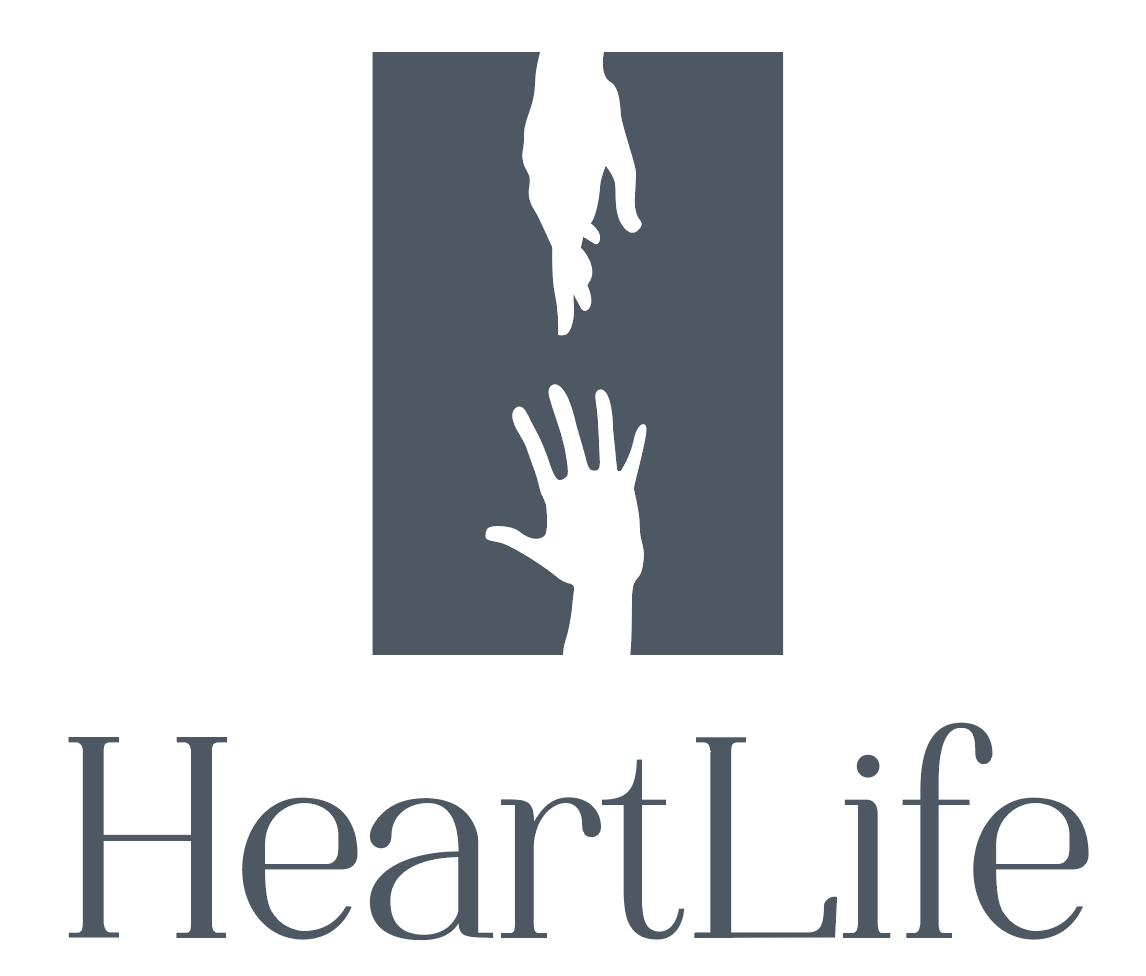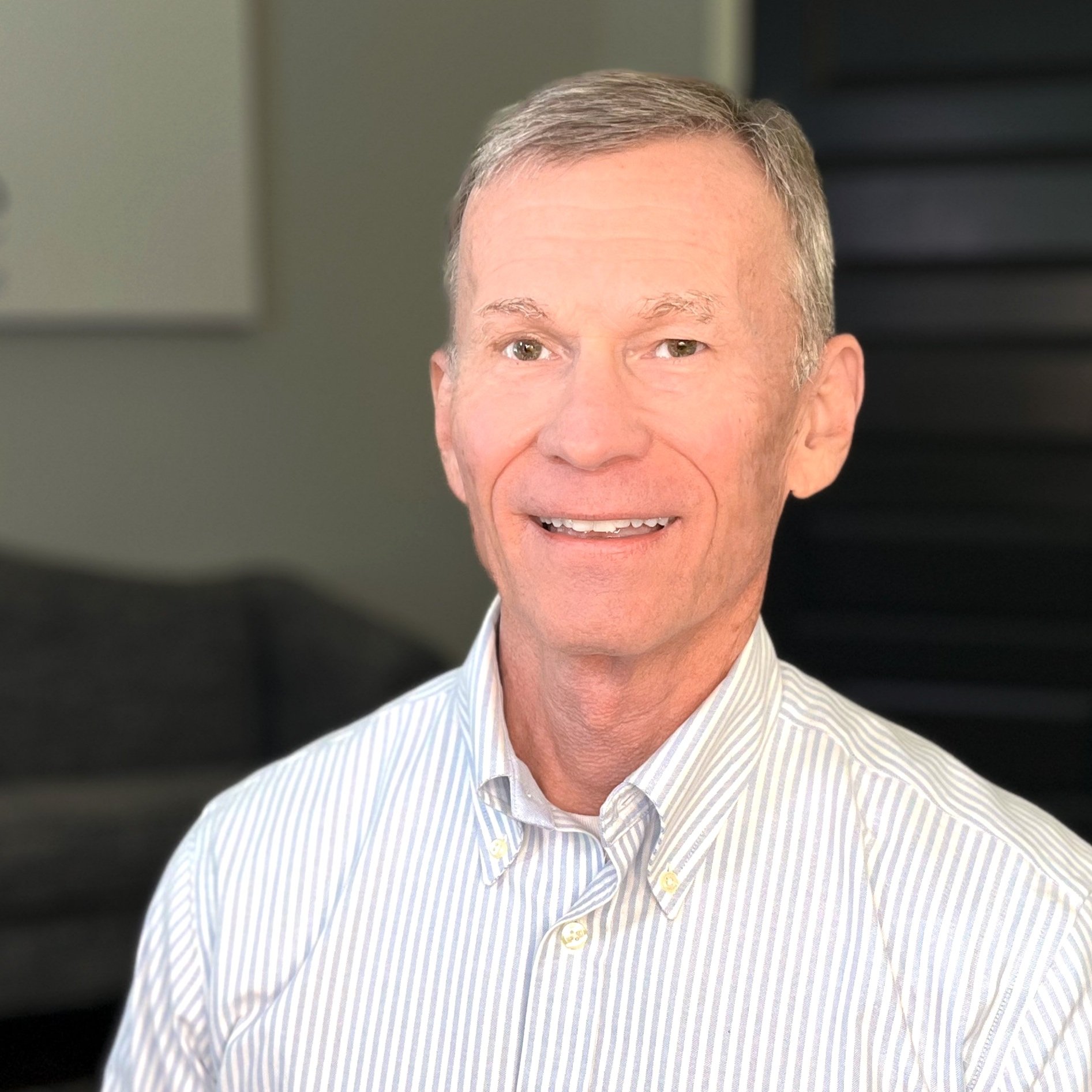Unmasking Narcissism: Understanding the Complexities of Narcissistic Personality Disorder
By Chuck Hannaford, Ph.D. | HeartLife Founder and President | Clinical Psychologist
Social media platforms are replete with information on Narcissism. There seems to be an increased interest in this personality style due to the reported negative effects of those claiming they live with a narcissist. To be clear, a small percentage of the population is accurately diagnosed with Narcissistic Personality Disorder (NPD). Most of us have traits that could be associated with a number of personality styles and characteristics so we should be careful with casually throwing around this label. On the other hand, there are those who suffer greatly from exposure to narcissism.
How can we add clarity to the destructive effects of Narcissism? In his book, People of the Lie, M. Scott Peck, M.D., explores an extreme dimension of Narcissistic Personality Disorder. Peck identifies “pure” narcissism as being a form of human evil. He uses the term malignant narcissism, a term originally used by Erich Fromm, as having three key features. Individuals present themselves as righteous or with an air of righteousness, they do not take responsibility for wrongdoing, and they project blame for wrongdoing onto others.
The malignant aspect has its genesis in how the characteristics of a narcissist harm those around him or her. The impact of a narcissist within a connected social environment (family, church, etc.) “infects” all who exist in the environment. Peck defines this type of evil as that force residing in human beings that seeks to diminish the life in others (physical, emotional, spiritual). Those in community around such an individual will eventually doubt their experience and their value. They will either leave the relationship or subjugate themselves until they are a mere extension, having lost their identity.
The narcissist can be highly manipulative and exploitative of others. They are perceived as having little if any insights into their own behavior. They focus instead on the shortcomings of those around them – especially when they don’t get what they want. They are self-absorbed and have an overwhelming desire to control, manipulate or exploit others for personal gain and satisfaction. This may be described as a form of self-absorption.
Peck and Fromm suggest the malignant narcissist protect themselves at the expense of others. They insist on affirmation, compliance, and obedience. All of this independent of reality/truth and at the expense of those who stand in their way or “withhold” something they want. More specifically, they relate this as a type of human evil. Evil, by this definition, is the use of personal power to destroy the spiritual, emotional, or physical growth of others for the purpose of defending and preserving the integrity of one’s own pathological self-image. The primary defense mechanism is projection (scapegoating or blame-shifting).
“We see a contrast between self-focus at the expense of others and humility based on assumption of personal responsibility and the reality that we are all broken and fallible.”
They further contrast evil with goodness. Goodness is the opposite of evil because goodness promotes life (thriving) and does not diminish it. One of the principle texts to underscore the difference between evil and goodness is John 10:10. The thief comes only to steal and kill and destroy. I came that they may have life and have it abundantly. We see the thief as coming to diminish life and destroy that life which Jesus desires for us to have in abundance.
Here we see a contrast between self-focus at the expense of others and humility based on assumption of personal responsibility and the reality that we are all broken and fallible. We should examine ourselves carefully and honestly and see if we follow the admonition in Matthew 16:24, “Then Jesus told his disciples, ‘If anyone would come after me, let him deny himself and take up his cross and follow me.’” To promote goodness and love we deny self, not aggrandize it.
Some social scientists argue that we live in a Narcissistic culture due to post-modern thinking– truth resides in self and two people can express different truths with no accepted objective source of truth. From a psychological and spiritual perspective, when truth is morally relative, relational, and cultural, chaos can be the only outcome. Those who place their faith in God would argue there is an objective truth which, when followed, leads to a greater harmony in relationships and culture.
When feelings become the source of truth, there is no standard by which we can measure health or pathology. Even with an objective truth, life and relationships are difficult to navigate. It can be argued that in order to bring some clarity into chaos, it is time for all of us to hold ourselves accountable to a standard for the development of moral and spiritual health.
“Above all else, guard your heart, for everything you do flows from it.”
It is certainly tricky when we enter the realm of good and evil unless we take our Christianity seriously. In a letter to her sister, Saint Therese of Lisieux wrote, “If you are willing to serenely bear the trial of being displeasing to yourself, then you will be for Jesus a pleasant place of shelter.” We are to daily deny self as our Lord directs us and we are told that the poor in spirit reside in heaven. We are told to “guard our hearts” (Proverbs 4:23) and perhaps only be around those who treat our hearts well.
Here is an important question to contemplate: Do I add and foster life in those around me or do I diminish it?
Dr. Chuck Hannaford is a licensed clinical psychologist and is the Founder and President of HeartLife Professional Soul Care. He earned his doctorate from The University of North Texas and served his internship in clinical psychology at The University of Tennessee, Medical School, Division of Psychiatry, and Department of Clinical Psychology.
Dr. Hannaford has published articles in professional journals on the relationship between physical and emotional health. He has been a guest on nationally syndicated radio and television programs. Dr. Hannaford completed a book entitled, Picking Up the Pieces Handbook: Creating a Dynamic Soul Care Ministry released in January of 2009.
Dr. Hannaford has published articles in professional journals on the relationship between physical and emotional health. He has also been a consultant to faith organizations and pastors throughout the country. He has been a Professor at Southern Seminary and Southeastern Seminary training counseling students and teaching classes on ethics and therapeutic interventions.



